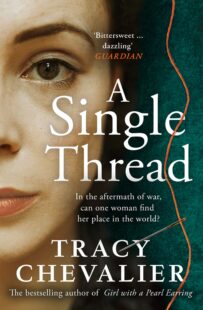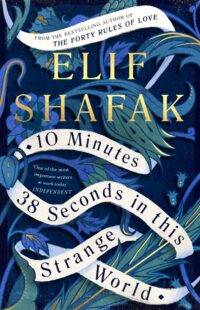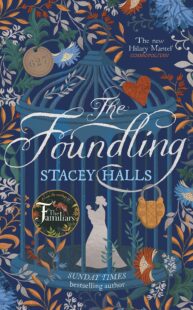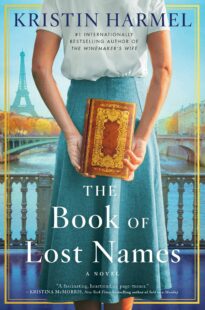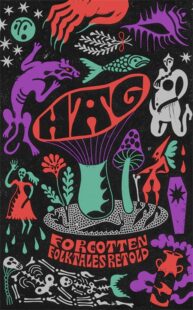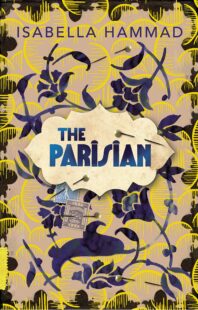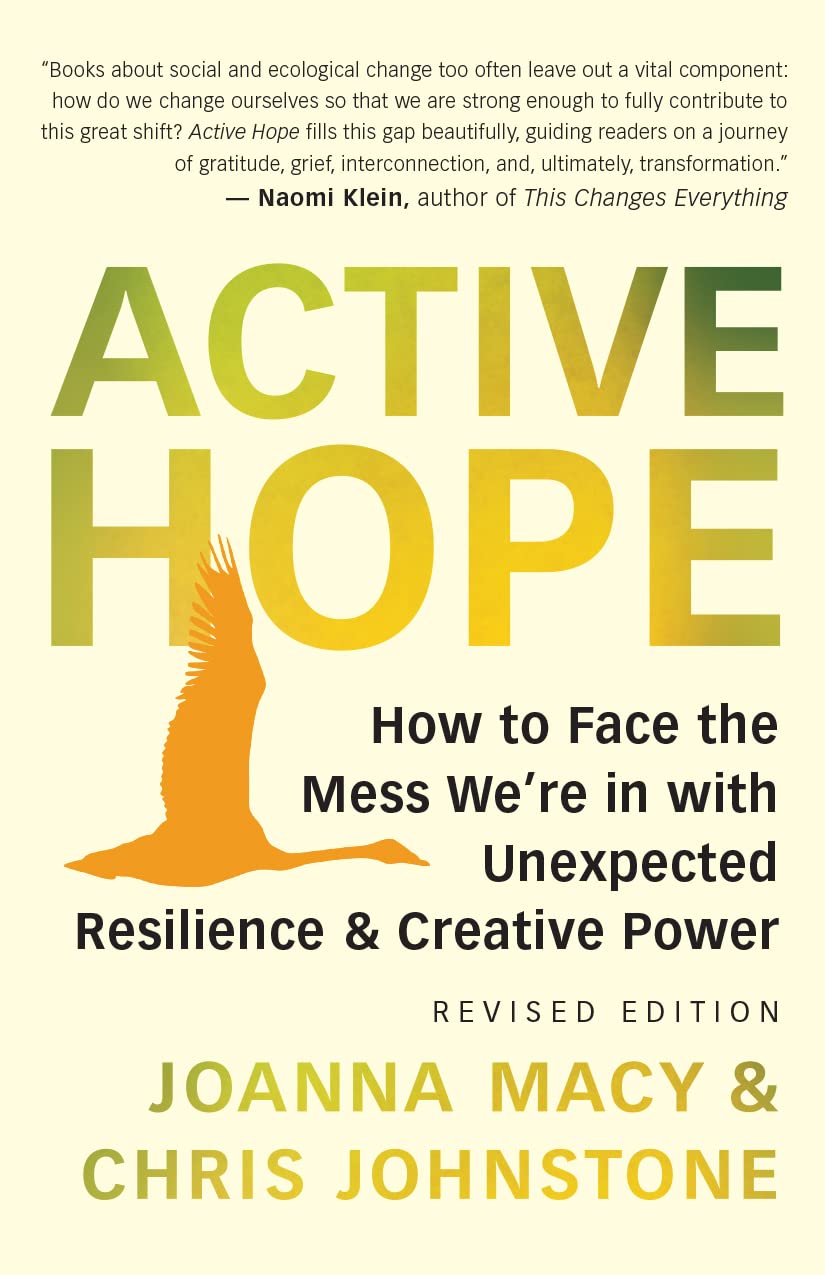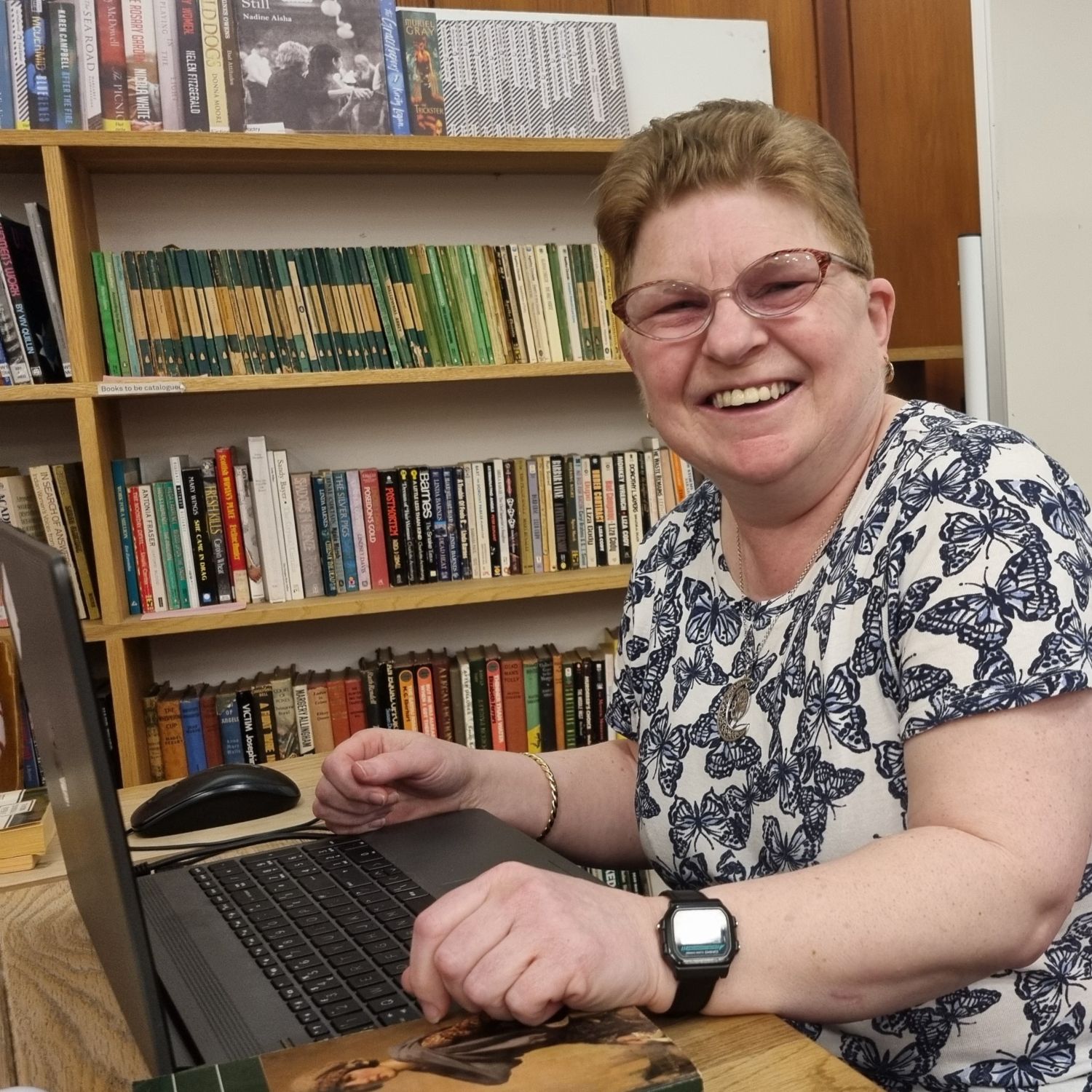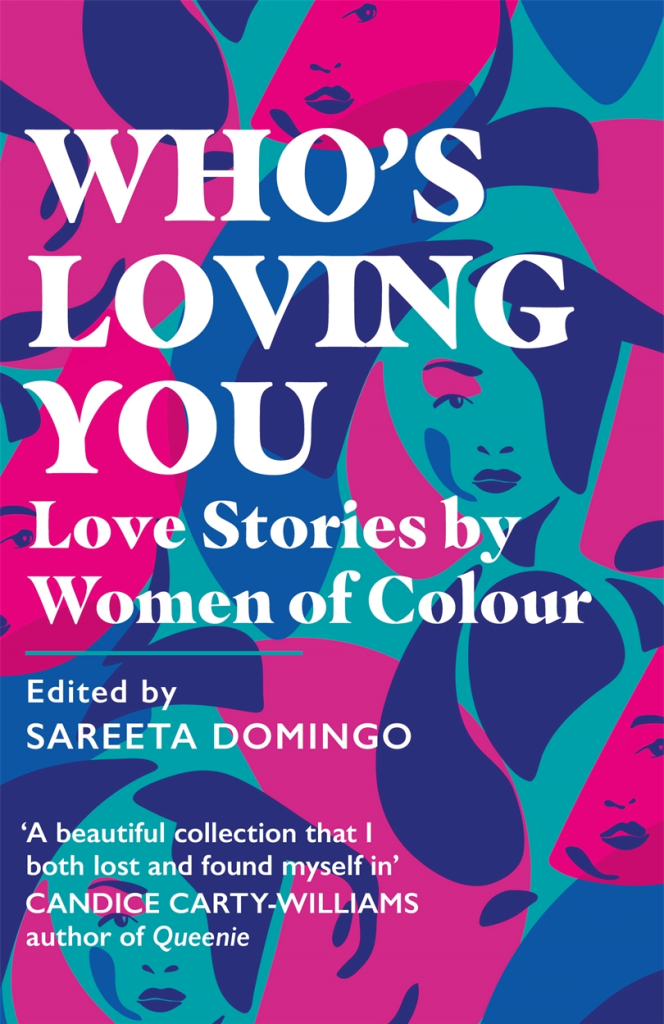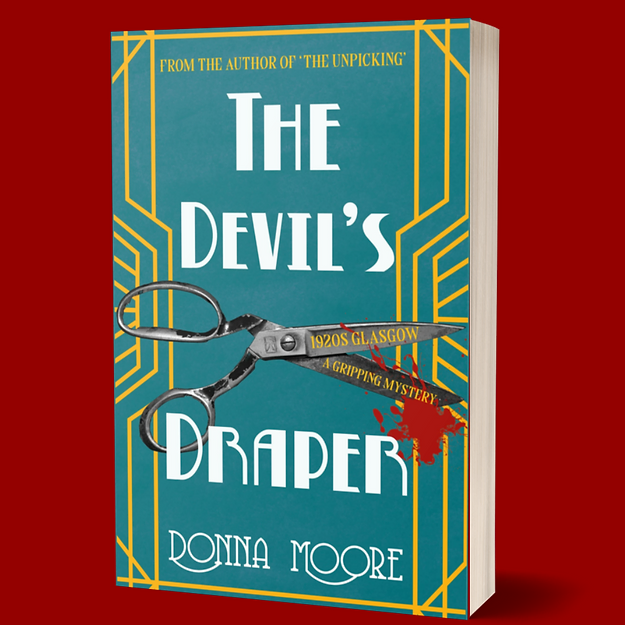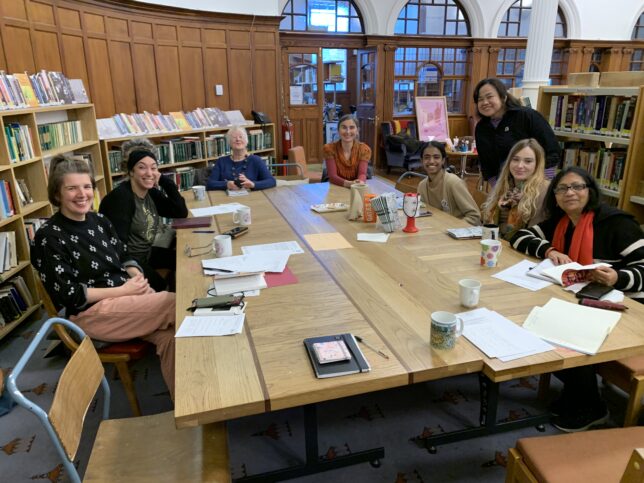On the first Wednesday of every month, GWL team members and volunteers share what we’ve read recently at our Book Picnic. In the current climate, our Book Picnic takes place remotely, giving all of us some valuable social interaction and providing us with many excellent book suggestions…
A Single Thread by Tracy Chevalier
Recommended by Pauline, this novel set in the early thirties explores the plight of “surplus women”: single women who lost their expected future after so many potential partners were killed in the bloodbath of World War I. Violet, who cannot reconcile herself to a life of spinsterhood, is brave enough to take control of her life. After moving to Winchester, she finds support and fulfillment in a community group of “broderers” – women who embroider kneelers for the Cathedral. A richly detailed picture of social change in the years between the wars, especially in regards to the expectations placed on women, this is a well researched character driven story. Pauline felt it was a “fascinating exploration of the dilemmas these women faced.”
The Havoc of Choice by Wanjiru Koinange
Recommended and enjoyed by Gaby, the book focuses on Kavata, her family, and her country. Her husband has decided to run in the 2007 election, following much turmoil and violence in Kenya. When they initially got together, she admired him for his honesty and integrity, but the dark cycle of politics begins to drag him down. Unable to bear his descent into corruption, she leaves. As her family and her country begin to fall apart, Kavata must find her way back. A thoughtful and heartbreaking book that explores the effects of colonization, corruption, and class structure amid the Kenyan political environment of 2007.
Our librarian Wendy revealed that GWL is planning an event featuring this book with the author, later this year!
10 Minutes 38 Seconds in This Strange World by Elif Shafak
This powerful novel was recommended by Celia, who felt it was a “fabulous and well written book.” Narrator Tequila Leila is murdered and left on the street in Istanbul, and each minute after her death brings to her a sense memory. She has lived a colorful but complicated life. The memories that flood her dying brain are tied to taste and scent, and range from birth through to adulthood, and her final breath. During this journey, and afterwards, we meet her five closest friends, and learn how they all ended up in Istanbul, which is hometown to none of them. Evocative writing, sometimes painfully so, abounds in this compelling novel.
Women as Army Surgeons: Being the History of the Women’s Hospital corps 1914-1919 The Naval and Military Press Ltd by Flora Murray
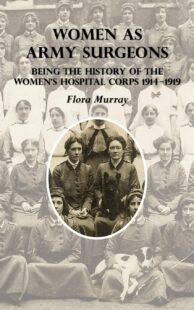
This historical account, first published in 1920, was recommended by Beverly, who describes herself as “not really a fiction person.” After training as a doctor, and finding success establishing two military hospitals in France, Flora Murray and her partner set up a hospital in London during the first world war that was staffed entirely by women. She was a suffragette with a lifelong female partner, and as doctor-in-charge at her military hospital, she was the only woman to hold the rank of Lieutenant-Colonel in the British army at that time. Her account is completely different from other accounts of hospitals from that era, and Beverly described it as “rather fun, instead of taking herself incredibly seriously.” Beverly also enjoyed Murray’s fantastic sense of humor, finding her “quite bawdy for a women of that time.”
The Foundling by Stacey Halls
This piece of historical fiction was recommended by Deborah, who enjoyed the interesting storyline and remarked that it was a page-turner. Written in multiple points of view, the book tells the story of Bess, who had a child out of wedlock six years earlier. She had no choice but to leave her baby at London’s Foundling Hospital. However, when she returns to reclaim her, she finds that the child has been claimed already. Her life is turned upside down as she attempts to find out who has taken her little girl, and why. Poignant, suspenseful, with a glimpse into London in the 1750s, this book explores families, secrets, class, power, and motherhood.
The Book of Lost Names by Kristin Harmel
Recommended enthusiastically by Elaine, this historical fiction novel jumps between 2005 (present) and the 1940s as we follow Eva Traube Abrams. In the present, Eva is a semi-retired librarian residing in Florida. But in her past, Eva was a Jewish girl in Paris during WWII, forced to flee as Germany took over. In order to help the Resistance, she learns the intricate art of forgery and assists hundred of Jewish children in escaping to safety. During this time, she records and preserves the given names of some of the children encoded in a book. In her old age, Eva has kept her past secret from those close to her. However, when she sees a newspaper article with a photo of the very book she recognizes as “The Book of Lost Names”, she knows she can no longer shut out her past.
Hag: Forgotten Folktales Retold by various authors (Daisy Johnson, Kirsty Logan, Emma Glass, Eimear McBride, Natasha Carthew, Mashuda Snaith, Naomi Booth, Liv Little, Imogen Hermes Gowar, and Irenosen Okojie)
Recommended by Emily, this is a feminist reclaiming of ancient folktales. Ten different writers were given a folktale from a place they live or have a connection with in the UK, and were asked to rewrite it in a contemporary fashion. While the stories are all told in vastly different ways, they remain engaging, imaginative, and sometimes wickedly dark and eerie. Emily found them all really interesting, and recalled that the “first one by Daisy Johnson totally gripped [her].”
The Parisian by Isabella Hammad
This almost 600 page historical fiction epic is recommended by Wendy, who is working her way through it and “really enjoying the beautiful writing.” Hammad’s remarkable debut book is inspired by her great-grandfather and covers a vast range of history, including the decline of the Ottoman Empire, the birth of Palestinian nationalism, the effects of WWI, and the looming danger of WWII. It addresses cultural sense of self, hardship, and love through the life of one man whose identity is split between the Middle East and Europe. Wendy remarked that she is always amazed when reading historical novels “how much easier it is to learn about history through a character that engages you.”
If you’re looking to pick up some interesting reads for yourself, GWL is delighted to offer our ‘Select and Collect’ service.
Request up to 6 books in advance, and we’ll have them ready for you to pick up. Or, if you’re not sure where to start, we can select some titles or make up a “book bundle” for you. Click here to find out more!

